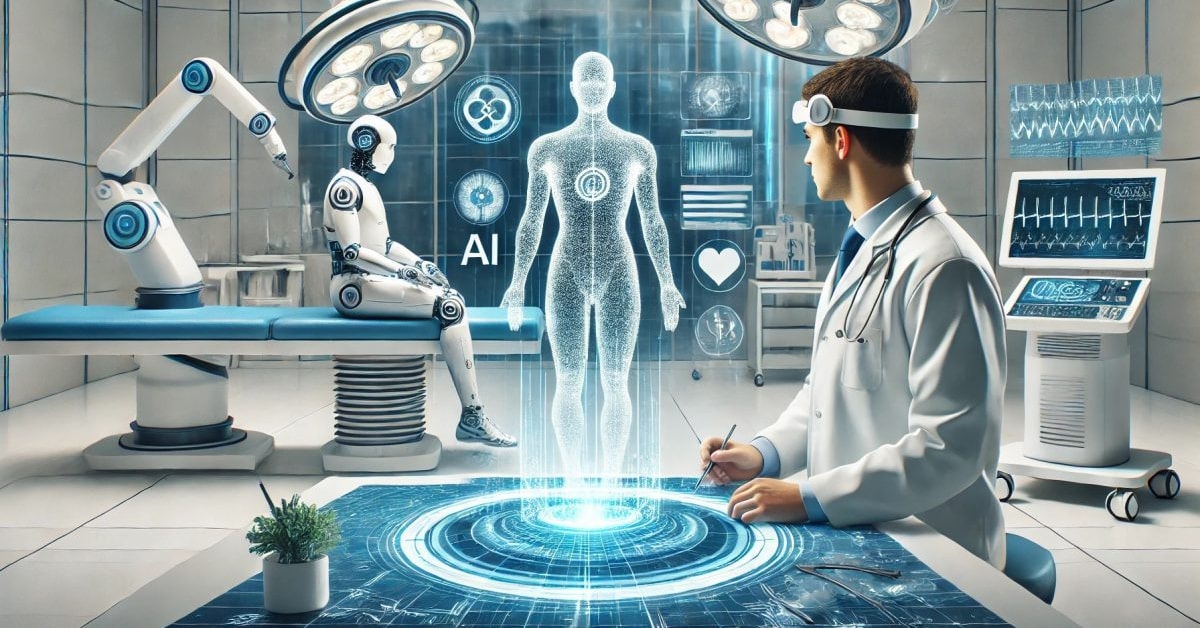Article Body
Introduction
Artificial Intelligence is poised to be the most impactful technology in healthcare. In 2025, it is enhancing diagnostic accuracy, improving patient care, and accelerating drug discovery.
AI in Diagnostics
AI-powered tools can detect diseases like cancer, Alzheimer’s, and cardiovascular conditions at early stages. Image analysis tools outperform traditional diagnostic methods in speed and accuracy.
Personalized Medicine
Using genetic data, AI predicts patient-specific responses to drugs. This approach reduces trial-and-error in treatments and boosts efficacy.
AI-Driven Robotics and Surgery
AI-guided robotic surgeries are reducing complications and improving recovery times. These systems offer greater precision and adaptability.
Virtual Health Assistants
Chatbots and AI assistants are transforming patient engagement. From booking appointments to answering FAQs, they’re enhancing healthcare access.
Remote Monitoring
Wearables powered by AI continuously track vitals and alert physicians about anomalies. This has revolutionized chronic disease management.
Drug Development
AI accelerates the identification of potential drug compounds and predicts their effects, drastically shortening development timelines.
Ethical and Regulatory Concerns
-
Ensuring data privacy and HIPAA compliance
-
Bias in medical datasets
-
Need for human oversight in critical decisions
Conclusion
AI is saving lives, cutting costs, and offering better health outcomes. As adoption grows, the healthcare landscape will become smarter, faster, and more patient-centric.

Comments